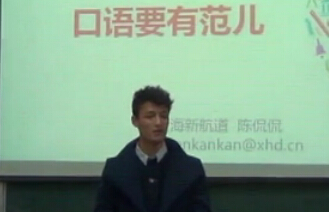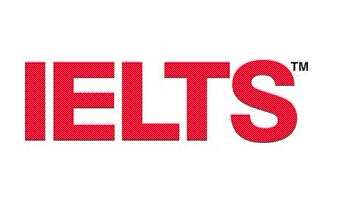雅思阅读材料之婴儿为什么老流口水
2014-01-21 14:00 供稿单位: 新航道
出国英语考试有哪些 雅思6.5是什么水平 雅思阅读评分标准 托福阅读评分标准 雅思和托福的区别
Saliva is produced by the salivary glands. There are three pairs of big salivary glands and countless small salivary glands distributed on our lips, cheeks, palates and some other places. The major part of saliva is water. Saliva also contains some amylases and sticking proteins. Saliva moistens the oral cavity, helping us swallow and digest. Tests show that a normal adult secretes 1000-1500 ml of saliva in a day. Under normal circumstances, people swallow the saliva consciously and unconsciously.
Because newborn babies' saliva secreting functions are not perfect, they generally don't slobber. After four months, because of the increase in food intake, babies secrete a little more. In six months, they begin to teethe. The gingival nerve is stimulated and reflectively increases the secretion of the salivary glands. At this time, children have not yet formed the ability to properly swallow saliva, and so the excess saliva will 'drool' out of the corners of their mouths. This is the most obvious in one and two year olds. As children grow older, their saliva-swallowing abilities will improve, and the slobbering will stop.
Saliva can be acidic, so it can stimulate the skin. Parents should often wipe saliva for children; wash the skin with warm water and then use lotion to protect the skin of children's chins and necks. The handkerchiefs used to wipe the saliva should soft enough not to damage partial skin.
saliva: 口水
amylases: 淀粉酶
slobber: 流口水
gingival: 齿龈的
以上就是新航道雅思频道为大家整理的雅思阅读材料之婴儿为什么老流口水,希望对大家有帮助,更多资讯、资料请访问新航道雅思阅读频道 https://www.xhd.cn/ielts/yuedu/
- 上一篇:雅思阅读材料之蜈蚣有100只脚?
- 下一篇:雅思阅读材料之蜘蛛是怎么织网的
分享到:

- 新航道,英语成功之道。时间获取新航道英语学习资料和新鲜资讯,请在微信公众账号中搜索「新航道英语」或者「xhdenglish」,或用手机扫描左方二维码,即可获得新航道每日精华内容推送和英语学习经验分享,并参与新航道举办的各项活动。
责编:李术
精彩专题
更多视频荟萃
更多
-
新航道姚骏鹏-雅思阅读高分攻略
时长:03-06

-
新航道陈侃侃-雅思口语要有范儿
时长:03-06

-
【3分钟学雅思】王大锤告诉你为啥药不能停
时长:01-12

-
【3分钟学雅思】全世界个感官餐厅
时长:01-12
热门文章
更多
-
8月31日雅思广州考机考初体验
选择机考模式的考生将通过机考模式参加听...








